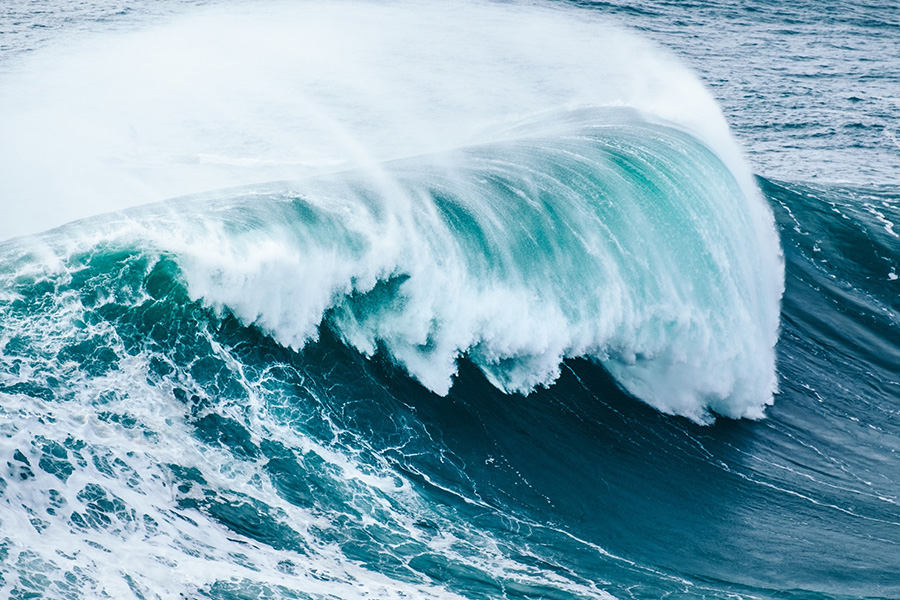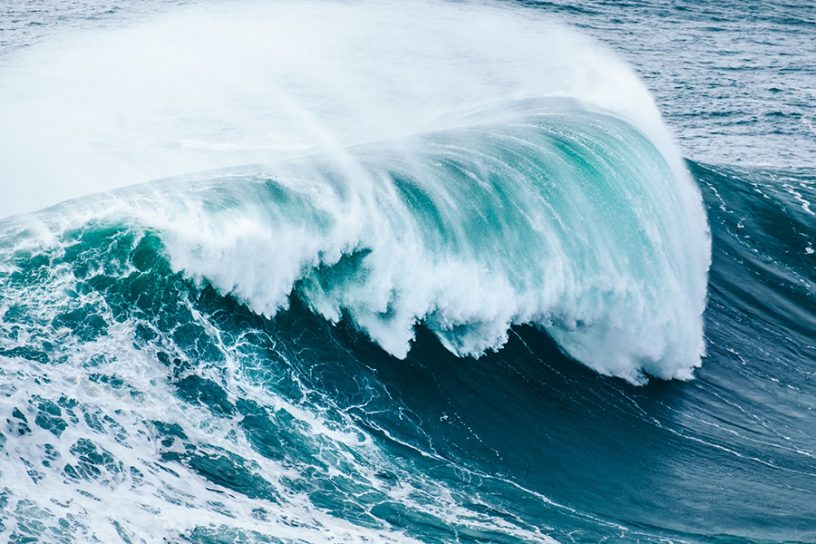
The analysis reveals that lack of policy push, technology, R&D, and trained workforce are some of the key barriers to the development of the ocean energy sector in India.
Authors
Ashish Trivedi, Associate Professor, Jindal Global Business School, O.P. Jindal Global University, Sonipat, Haryana, India.
Vibha Trivedi, Assistant Professor, Jindal Global Business School, O.P. Jindal Global University, Sonipat, Haryana, India.
Krishan Kumar Pandey, Professor, Jindal Global Business School, O.P. Jindal Global University, Sonipat, Haryana, India.
Ouissal Chichi, Faculty of Economics & Management, Ibn Tofail University, Kenitra, Morocco.
Summary
Energy from the ocean has been globally recognized as one of the most significant sources of renewable energy. In the Indian context, it has the potential to meet the country’s long-term energy requirements as the Indian peninsula possesses a vast coastline. However, harnessing the energy from the ocean has several challenges and risks that serve as a major roadblock to India’s attainment of this energy advantage.
This study explores the challenges to ocean energy development by reviewing the literature and analyses the complex interactions between them using the Interpretive Structural Modelling approach. Data are collected from twenty-six experts and an interpretive model is developed.
The analysis reveals that lack of policy push, technology, R&D, and trained workforce are some of the key barriers to the development of the ocean energy sector in India, requiring special focus to streamline the infrastructural development of ocean energy as a sustainable source. The findings provide valuable strategic insights to policymakers.
Published in: Renewable Energy
To read the full article, please click here.


